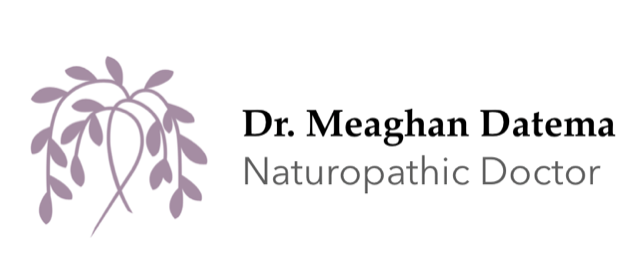I get a lot of questions about how to transition to a plant-based diet. I know it can be overwhelming when you’re just starting out but I want to assure you that you can do this. It might be hard at first and most likely you’ll stumble along the way but all that matters is that you keep trying.
I’ve been eating this way for so long, sometimes I forget what it’s like to come from the opposite end of the spectrum. If you’ve been eating a heavily animal-based diet, the transition to a plant-based diet might seem impossible. You might be thinking what could one possibly eat if you don’t eat meat, eggs and dairy? Well, don’t you worry. I’m here to assure that not only is there plenty of nourishing, delicious foods to eat but they can be prepared as fun and creative plant-based alternatives to all your favourite foods.
Changing your Mindset
It’s important to approach this new chapter with an open mind and a positive mindset. Try to think in terms of what you’ll be gaining from eating a plant-based diet instead of what you’ll be missing out on. Maintaining your new diet shouldn’t be about willpower, struggle or deprivation. In fact, once you learn more about plant-based eating, you’ll see that don’t have to give anything up. Once you’re familiar with the ins and outs of vegan alternatives to pizza, cookies, muffins, chocolate and sandwiches, you’ll have no problem learning to love the plant-based lifestyle and how it makes you feel.
Know your reason why
It’s important to get really clear on your reason for embarking on a wfpb (whole food plant-based) diet. If it’s a big lifestyle change for you, it’s going to get tough at times and having a clear reason why can help you stick to your goals.
Reasons for eating plant-based could include:
- preventing disease
- managing blood sugar
- lowering cholesterol
- living longer
- love for animals
- losing weight
- reducing your environmental impact
There are a lot of great reasons to eat a plant-based diet. What one speaks to you?
Find a reason that inspires and excites you and get really clear on it. Write down your why and stick it on your fridge or bathroom mirror. Keep that reason front and center to help you stay focused.

WHAT IS A WHOLE FOOD PLANT-BASED DIET?
A wfpb diet means eating whole, unrefined or minimally processed plant foods. It’s based on fruits, vegetables, tubers, whole grains, legumes, nuts and seeds. Being plant-based, it excludes meat, dairy products, eggs and refined grains, sugars and oil.
WHAT’S THE DIFFERENCE BETWEEN PLANT-BASED AND VEGAN
Let’s talk a little bit about the difference between vegan and plant-based. While they’re very similar, you may be vegan but not eat a whole food plant-based diet or you may eat a plant-based diet but not necessarily be vegan.
Veganism is the practice of minimizing harm to all animals by abstaining from animal products such as meat, fish, dairy, eggs, honey, gelatin, lanolin, wool, fur, silk, suede, and leather. It is more than a diet, it is a way of living that seeks to exclude all forms of exploitation and cruelty to animals for food, clothing or any other purpose.
To technically be vegan, it would mean no down comforters, no wool socks, no honey, no gelatin-based candy and of course, no eating dairy, eggs, meat or fish.
A plant-based diet on the other hand, is just about the food. You can pretty much guess what it’s all about from the name. If you eat a plant-based diet you may not necessarily be vegan and you might have other reasons for eating that way than just compassion.
COMPASSION + HEALTH
For myself, it started with compassion and led to health. As I learned about modern day meat production, it was clear to me that I couldn’t be a part of it. From there, the more I educated myself on health and nutrition, the deeper my love for plant-based eating grew.
I eat a plant-based diet and do my best to reduce harm to animals in all areas of my life. I’ve said it before and I’ll say it again, do the best you can with what you have at any given time and don’t beat yourself up if you stumble.
I personally like the idea of reductionism or doing your best to reduce harm. Becoming a strict vegan isn’t going to work for some people and I think a mostly plant-based diet is better than nothing at all. Listen to your body and trust your gut, you’ll find what’s right for you.
WHAT’S THE DIFFERENCE BETWEEN A VEGAN AND VEGETARIAN DIET?
Vegetarians do not eat animals such as cows, pigs or fish but still include animal products such as dairy and eggs in their diet. Vegans do not eat or use any animal products. That means no meat, fish, eggs or dairy.

